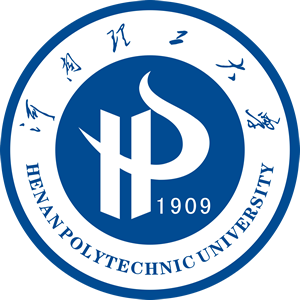
地址: 河南省焦作市高新区世纪路2001号[454000] Tel: 0391-3987069 E-mail: zkxb@hpu.edu.cn,skxb@hpu.edu.cn |

请您访问
|

社会科学版
|
| 供稿: 杨勇 | 时间: 2018-12-05 | 次数: |
作者:杨勇
作者单位:郑州大学历史学院
摘要:桑弘羊的均输、平准制度是中国进入统一政权后最大规模的基于"轻重"原理的财政经济思想在现实中的新尝试。在盐铁会议上,桑弘羊从"轻重"制度本身的特点、优势来论证其存在的合理性,贤良、文学亦不否认这种合理性,但却从官员腐败导致完全走向反面为据而反对之。盐铁会议后,均输、平准逐渐废弛。汉宣帝、元帝时期,耿寿昌的常平仓制度,是一个对均输、平准制退步了的继承。王莽"五均赊贷"则因腐败问题困扰而完全走向失败。
关键词:盐铁会议;“轻重”之争;均输平准;常平仓;五均赊贷;
DOI:10.16698/j.hpu(social.sciences).1673-9779.2017.01.017
分类号:K234.1
Abstract:The system of“Junshu and Pingzhun”, proposed by Sang Hongyang, is a great attempt on the largest scale based on the principle of “heavy v. s. light”after China established a unified regime. At The Salt and Iron Meeting, Sang Hongyang expounded the rationality of the system based on its characteristics and advantages, while Xian Liang and Wen Xue objected to the system considering the serious official corruption. Therefore, the system of “Junshu and Pingzhun”was gradually abolished after the meeting. The system of “Changpingcang”, proposed by Geng Shouchang in the period of Han governed by emperor Xuan and emperor Yuan, is an inheritance of the system of “Junshu and Pingzhun”on a smaller scale. The system of “Wu Jun She Dai”, proposed by Wang Mang, completely failed because of the official corruption.